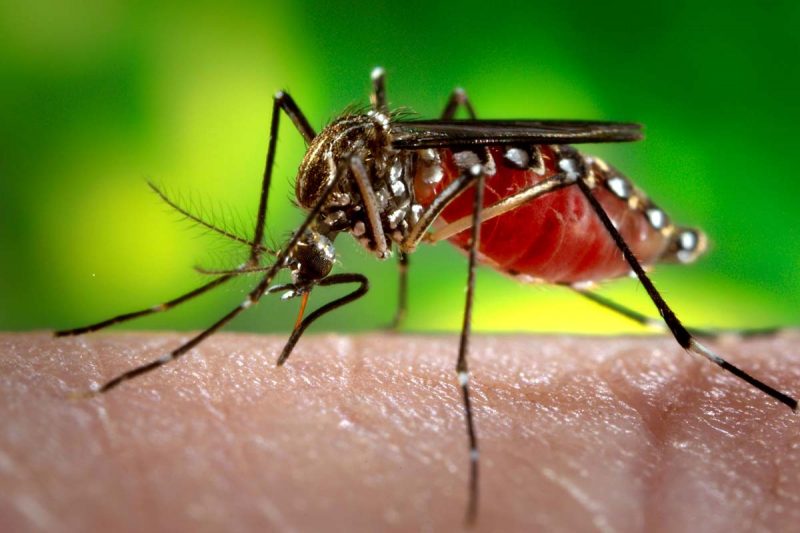A vaccine to protect against the Zika virus produced an immune response in the first phase of a randomized clinical trial, researchers report in the Lancet. They are now testing the efficacy of the vaccine.
Currently there is no treatment for Zika, which became a public health concern in the Americas after an outbreak that began in 2015. In February 2016, the World Health Organization declared an international public health emergency because of the relationship between Zika and a rise in cases of a rare congenital condition called microcephaly.
Research indicates a causal link between the virus and microcephaly. It is yet to be determined whether the vaccine might protect against birth defects.
The vaccine contains the plasmid VRC5283, which encodes Zika virus proteins. The vaccine causes cells to produce these proteins, which then trigger an immune response.
The researchers, who are affiliated with the National Institutes of Health, injected 45 healthy adults between the ages of 18 to 50 with the vaccine. After the initial injection, the adults were given another dose four weeks and then eight weeks later. The researchers also tested three delivery methods for the vaccine.
They found that one method — split-dose vaccinations by needle-free injection, which delivers a stream of fluid through the skin — was particularly effective at producing an immune response. All participants who received the vaccination this way had a response to the vaccine, and this group had the highest average response of the three delivery methods.
The most common symptoms of the vaccine were pain and tenderness at injection site, malaise and headache. The researchers write that the vaccine is “safe and well tolerated.” They have moved now to test the vaccine in the field to determine whether the immune response it produces will protect against Zika.
The virus is spread primarily through infected mosquitoes but also can be transmitted through sex, according to the U.S. Centers for Disease Control and Prevention. A pregnant woman can pass the virus to her fetus. Case counts of Zika in the U.S. for 2017 are 362 for U.S. states and 594 for the territories.
The researchers tested another plasmid in a phase 1 trial. They found this vaccine also produced an immune response, but it was not as strong.
Elsewhere, researchers at the Walter Reed Army Institute of Research, Saint Louis University and Beth Israel Deaconess Medical Center are working on a Zika vaccine using an inactivated form of the virus. They also published positive phase 1 findings in the Lancet.


Expert Commentary